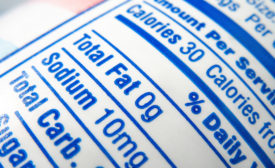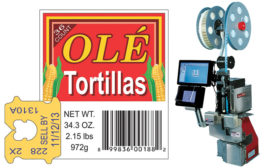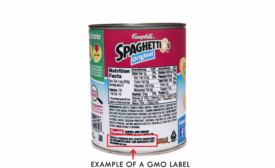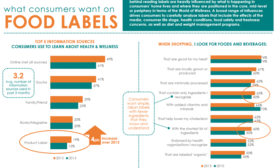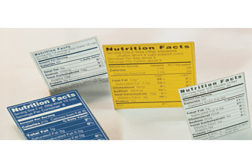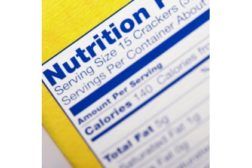Home » food labeling
Articles Tagged with ''food labeling''
Specific is better for food product benefit claims
Mintel research reveals decrease in “all natural” claims on Canadian product launches.
December 12, 2018
GMO labeling
Taking a stand on GMO labeling
Campbell Soup separates itself from the Big Food pack by supporting federally mandated GMO labeling. Does this signal the inevitable?
January 13, 2016
What consumers want in Food Labels
Shoppers looking for simple, clean labels, with fewer ingredients that they know and understand.
August 31, 2015
Keep the info flowing with our eNewsletters!
Get the latest industry updates tailored your way.
JOIN TODAY!Copyright ©2024. All Rights Reserved BNP Media.
Design, CMS, Hosting & Web Development :: ePublishing

